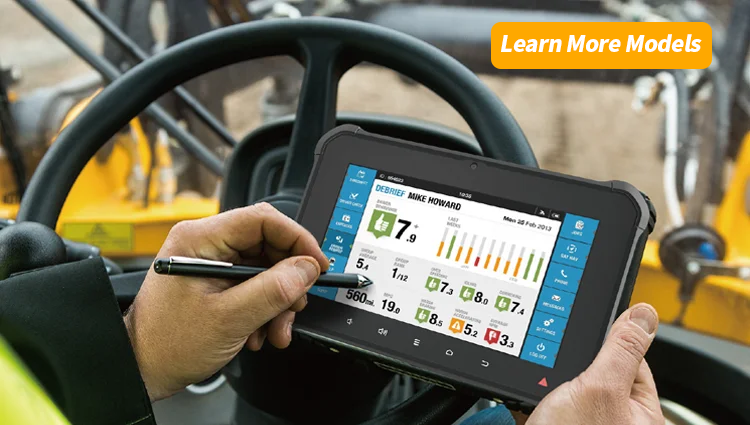Industrial Embedded Computer: The Backbone of Modern Automation
The industrial sector has undergone a significant transformation with the advent of automation and digital technologies. At the heart of these advancements lies the industrial embedded computer, a specialized device designed to perform critical tasks in harsh and variable environments. This article explores the role, features, and importance of industrial embedded computers in modern industry.
Defining Industrial Embedded Computers
An industrial embedded computer is a compact, specialized computer system designed for specific tasks within industrial settings. Unlike general-purpose computers, these systems are built to withstand extreme temperatures, vibrations, and other environmental factors common in industrial environments. They are typically integrated into machinery and equipment to provide real-time control and monitoring.
Key Features of Industrial Embedded Computers
Industrial embedded computers are characterized by several key features that make them suitable for industrial applications:
- Ruggedness: They are built to resist harsh conditions such as dust, moisture, and extreme temperatures.
- Reliability: High Mean Time Between Failure (MTBF) ensures minimal downtime.
- Long-life Cycle Support: They offer extended support to accommodate the long life cycles of industrial machinery.
- Customizability: They can be tailored to meet specific operational requirements.
- Connectivity: They support various communication protocols for seamless integration with other systems.
Applications in Industry
Industrial embedded computers are deployed across a wide range of industries for various applications:
- Manufacturing: They control assembly lines and monitor the production process.
- Transportation: They manage train signaling systems and traffic control in smart cities.
- Energy: They optimize energy distribution and monitor power grids.
- Aerospace: They are used in flight control systems and avionics.
- Medical: They power diagnostic equipment and monitoring devices in healthcare facilities.
Advantages Over Traditional Computers
Compared to traditional computers, industrial embedded computers offer several advantages:
- Durability: They are designed to operate reliably in harsh conditions.
- Efficiency: They consume less power, making them ideal for energy-sensitive applications.
- Size: They often have compact form factors that allow for easy integration into tight spaces.
- Real-time Performance: They provide the real-time processing capabilities necessary for mission-critical applications.
Challenges and Solutions
Despite their benefits, industrial embedded computers face challenges:
- High Initial Cost: The specialized nature of these computers can lead to higher upfront costs.
- Complex Integration: Integrating them into existing systems can be complex.
- Solution: Choosing cost-effective solutions and working with experienced integrators can mitigate these challenges.
Future Trends in Industrial Embedded Computing
The future of industrial embedded computing is poised for growth with trends such as:
- AI Integration: Embedding AI capabilities for predictive maintenance and autonomous decision-making.
- Edge Computing: Processing data closer to the source for faster response times.
- Cybersecurity: Enhancing security measures to protect against cyber threats.
Conclusion
Industrial embedded computers are indispensable in the modern industrial landscape, providing the reliability and performance required for automation and control. As technology continues to evolve, their capabilities will expand, further cementing their role in the future of industry.








